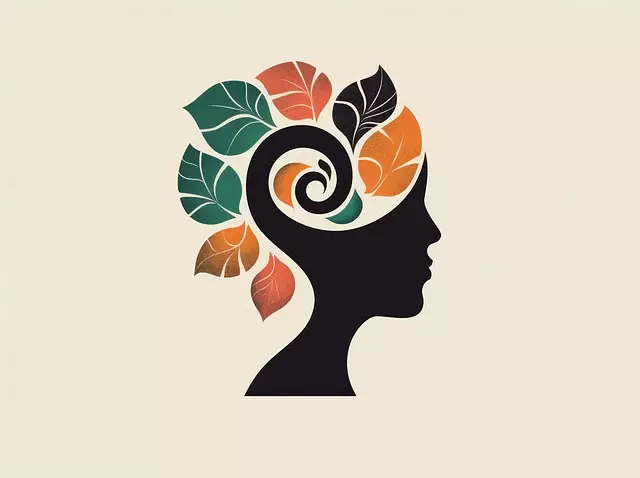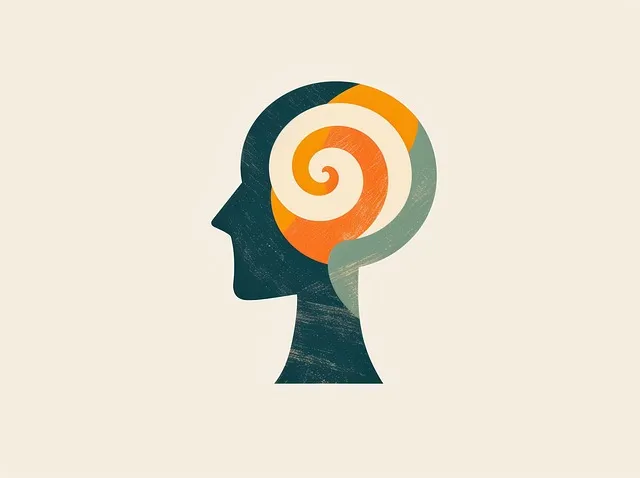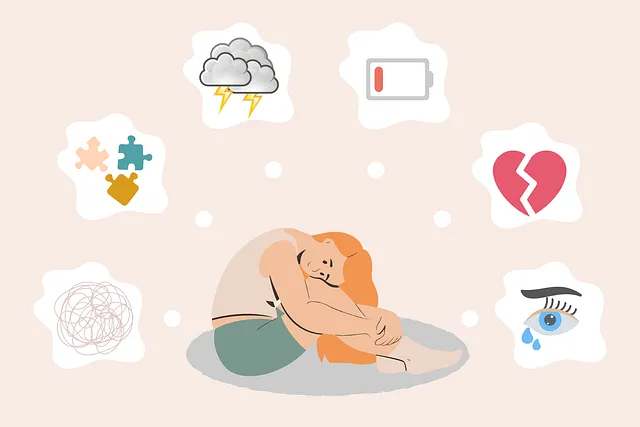Kaiser Permanente's Mental Health Access Center in Northglenn utilizes skilled facilitators to lead supportive group therapy sessions, addressing diverse mental health challenges. These professionals employ techniques beyond traditional talk therapy, including group discussions and mindfulness exercises, to promote emotional well-being and build community. By integrating Trauma Support Services and Compassion Cultivation Practices, they empower individuals with tailored coping mechanisms for stress, anxiety, and other mental health concerns. Effective communication strategies create a safe space where participants share experiences, gain insights, and foster supportive connections, ultimately enhancing access to mental health support.
Mental wellness group facilitation plays a crucial role in enhancing mental health outcomes, especially within healthcare settings like Kaiser Permanente’s Northglenn Mental Health Access Center. This article explores effective techniques for facilitators, focusing on understanding group dynamics, fostering open communication, and creating safe spaces. By delving into these strategies, we aim to highlight the impact facilitators have in supporting individuals’ mental wellness journeys, a key aspect of comprehensive healthcare at Kaiser Permanente Northglenn.
- Understanding Mental Wellness Group Facilitation
- Role of a Facilitator at Kaiser Permanente Northglenn
- Effective Communication Strategies for Group Sessions
- Creating a Safe and Supportive Environment
Understanding Mental Wellness Group Facilitation

Mental wellness group facilitation is a specialized skill set that plays a pivotal role in supporting individuals navigating various mental health challenges. It involves creating a safe and supportive environment where participants can share experiences, gain insights, and build connections. At the Kaiser Permanente Mental Health Access Center Northglenn, facilitators employ a range of techniques to foster meaningful interactions and promote emotional well-being. These methods go beyond mere talk therapy, encouraging active participation through activities like group discussions, exercises in mindfulness, and collaborative problem-solving.
This approach not only enhances individual healing but also cultivates a sense of community among members. By integrating Trauma Support Services and Emotional Well-being Promotion Techniques, facilitators help participants develop inner strength, resilience, and coping mechanisms tailored to their unique journeys. Through such group settings, individuals can find solace in shared experiences and gain valuable tools to manage stress, anxiety, and other mental health concerns effectively.
Role of a Facilitator at Kaiser Permanente Northglenn

At Kaiser Permanente Northglenn’s Mental Health Access Center, facilitators play a pivotal role in fostering a supportive environment for group therapy sessions. Their primary responsibility is to guide participants through various mental wellness techniques, ensuring an inclusive and engaging atmosphere. The facilitator acts as a compassionate leader, helping individuals navigate challenging topics while encouraging active participation. Through structured activities and open dialogue, they enhance self-awareness exercises and promote the development of coping skills that cater to individual needs.
By employing these facilitation techniques, Kaiser Permanente Northglenn aims to improve access to mental health support, enabling participants to acquire practical self-care practices. The facilitator’s expertise lies in creating a safe space where members can explore their emotions, share experiences, and learn from one another—a crucial aspect of the holistic healing process. This approach not only benefits the group but also empowers individuals to take charge of their mental well-being.
Effective Communication Strategies for Group Sessions

Effective communication is key to facilitating productive group sessions at the Kaiser Permanente Mental Health Access Center Northglenn. Group dynamics can be complex, and facilitators must employ strategies that encourage open dialogue, active listening, and mutual respect. One powerful tool is the use of non-verbal cues, such as maintaining eye contact and employing supportive body language, which fosters a safe and inclusive environment.
Additionally, incorporating Compassion Cultivation Practices into discussions can significantly enhance group interactions. Encouraging members to share their experiences with self-awareness exercises and Stress Management techniques allows for deeper connections and promotes a sense of community. These practices not only improve individual mental wellness but also strengthen the collective’s ability to support one another, creating a supportive network akin to a tapestry where each member contributes unique threads.
Creating a Safe and Supportive Environment

Creating a safe and supportive environment is paramount when facilitating mental wellness groups, especially at centers like Kaiser Permanente’s Northglenn mental health access center. This involves establishing ground rules that emphasize respect, confidentiality, and active listening. By fostering an atmosphere where every participant feels heard and valued, facilitators encourage open dialogue and create a sense of belonging. Such an environment not only boosts participants’ confidence but also promotes honest sharing of experiences and strategies for mood management.
This safety net is crucial for building trust among group members, which in turn enhances the effectiveness of public awareness campaigns development aimed at destigmatizing mental health issues. When individuals feel secure to express their struggles and triumphs, they can learn from one another, gaining valuable insights that support their journey towards improved mental wellness.
Mental wellness group facilitation plays a pivotal role in enhancing collective well-being, as demonstrated by Kaiser Permanente’s successful programs at their Northglenn Mental Health Access Center. By employing effective communication strategies and creating safe, supportive environments, facilitators foster profound connections and meaningful discussions. These techniques not only empower individuals to navigate mental health challenges but also revolutionize care, making it more accessible and impactful for the community. Through tailored group sessions, facilitators act as guides, helping members unlock resilience and discover their inner strength.






